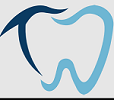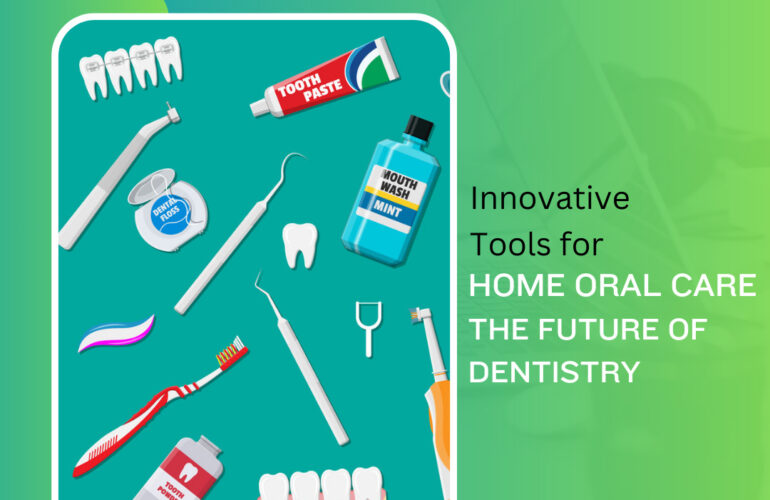Introduction
Having a healthy smile is not only aesthetically pleasing but also crucial for overall oral health. Preventative dental care plays a vital role in maintaining a beautiful smile and preventing various dental issues. By adopting simple daily habits, you can ensure the longevity of your teeth and gums, saving yourself from potential pain and costly dental treatments in the future.
Brushing your teeth twice a day
One of the most important daily habits for maintaining a healthy smile is brushing your teeth twice a day. Use a soft-bristled toothbrush and fluoride toothpaste to gently clean your teeth and gums. Brushing helps remove plaque and bacteria that can lead to tooth decay and gum disease.
Flossing daily
In addition to brushing, flossing daily is crucial for preventing dental problems. Flossing helps remove food particles and plaque from between your teeth and along the gumline, where your toothbrush cannot reach. It helps prevent cavities, gum disease, and bad breath.
Using mouthwash
Using an antimicrobial mouthwash can further enhance your oral hygiene routine. Mouthwash helps kill bacteria, freshens your breath, and reduces the risk of gum disease. Rinse your mouth with mouthwash after brushing and flossing for optimal results.
Eating a balanced diet
Your diet plays a significant role in your oral health. Consuming a balanced diet that includes fruits, vegetables, whole grains, lean proteins, and dairy products can provide essential nutrients for strong teeth and gums. Limit sugary and acidic foods and beverages, as they can contribute to tooth decay and enamel erosion.
Limiting snacking between meals
Frequent snacking can increase the risk of tooth decay. When you snack, the bacteria in your mouth produce acids that attack your tooth enamel. Limit snacking between meals and choose healthier options like fruits, vegetables, or nuts instead of sugary snacks.
Drinking plenty of water

Water is essential for maintaining good oral health. It helps wash away food particles and bacteria, stimulates saliva production, and keeps your mouth hydrated. Drinking fluoridated water can also help strengthen your teeth and prevent cavities.
Avoiding tobacco products
Tobacco use, including smoking and chewing tobacco, can have severe consequences on your oral health. It increases the risk of gum disease, tooth loss, oral cancer, and bad breath.
Summary
Preventative dental care is essential for maintaining good oral health and a beautiful smile. By incorporating daily habits into your routine, you can significantly reduce the risk of dental problems and enjoy a healthy mouth. This blog post will discuss some key habits that can help you achieve a healthy smile, including proper brushing and flossing techniques, regular dental check-ups, a balanced diet, and avoiding harmful ha More Info bits like smoking. By following these practices, you can take control of your oral health and enjoy the benefits of a confident and radiant smile.
- Q: What is preventative dental care?
- A: Preventative dental care refers to the practices and habits that help maintain good oral health and prevent dental problems.
- Q: Why is preventative dental care important?
- A: Preventative dental care is important because it helps prevent tooth decay, gum disease, and other oral health issues, saving you from potential pain, discomfort, and costly dental treatments.
- Q: What are some daily habits for a healthy smile?
- A: Some daily habits for a healthy smile include brushing your teeth at least twice a day, flossing daily, eating a balanced diet, limiting sugary snacks and drinks, and visiting your dentist regularly for check-ups and cleanings.
- Q: How often should I brush my teeth?
- A: It is recommended to brush your teeth at least twice a day, ideally in the morning and before bedtime.
- Q: How often should I floss?
- A: It is recommended to floss your teeth at least once a day to remove plaque and food particles from between your teeth and along the gumline.
- Q: What should I include in a balanced diet for a healthy smile?
- A: A balanced diet for a healthy smile should include a variety of fruits, vegetables, whole grains, lean proteins, and dairy products. Avoid excessive consumption of sugary and acidic foods and drinks.
- Q: Why are regular dental check-ups important?
- A: Regular dental check-ups are important because they allow your dentist to detect and address any oral health issues early on, preventing them from worsening and requiring more extensive treatments.
- Q: How often should I visit the dentist?
- A: It is generally recommended to visit the dentist every six months for a routine check-up and cleaning. However, the frequency may vary depending on your individual oral health needs as advised by your dentist.

Welcome to my website! My name is Ben Stout, and I am a dedicated and passionate Dental Hygienist with years of experience in the field. I am thrilled to share my knowledge and expertise with you through this platform.
As a Dental Hygienist, my primary goal is to ensure optimal oral health for my patients. I firmly believe that a healthy smile is not only aesthetically pleasing but also crucial for overall well-being.


